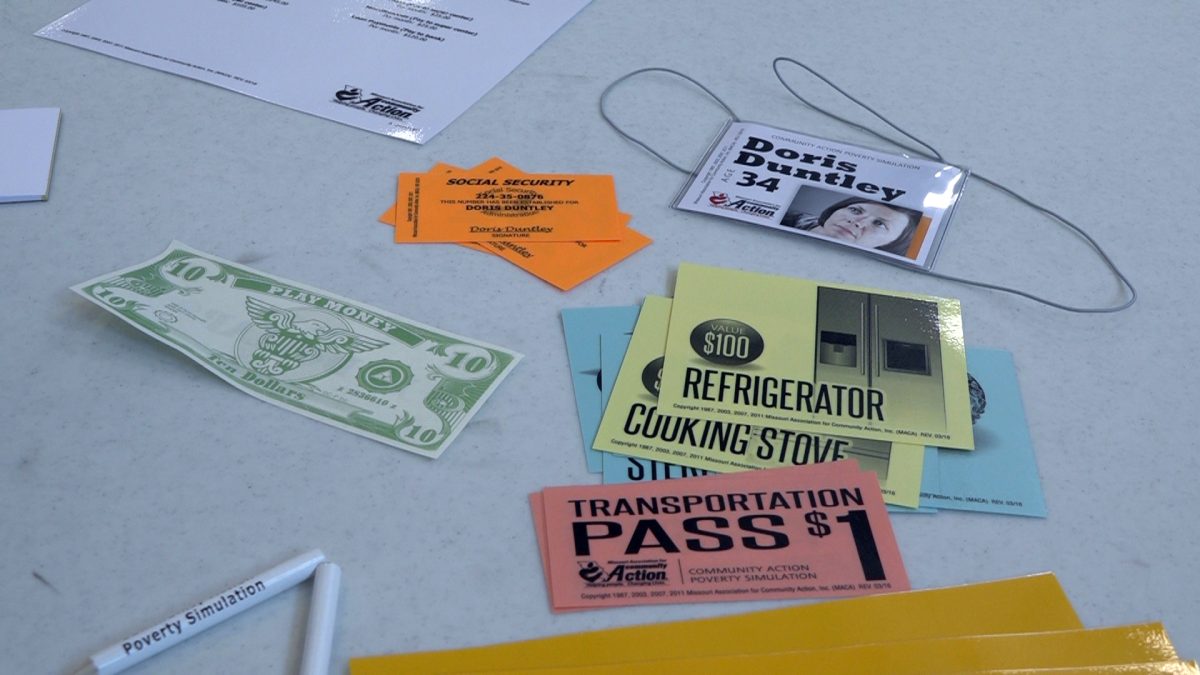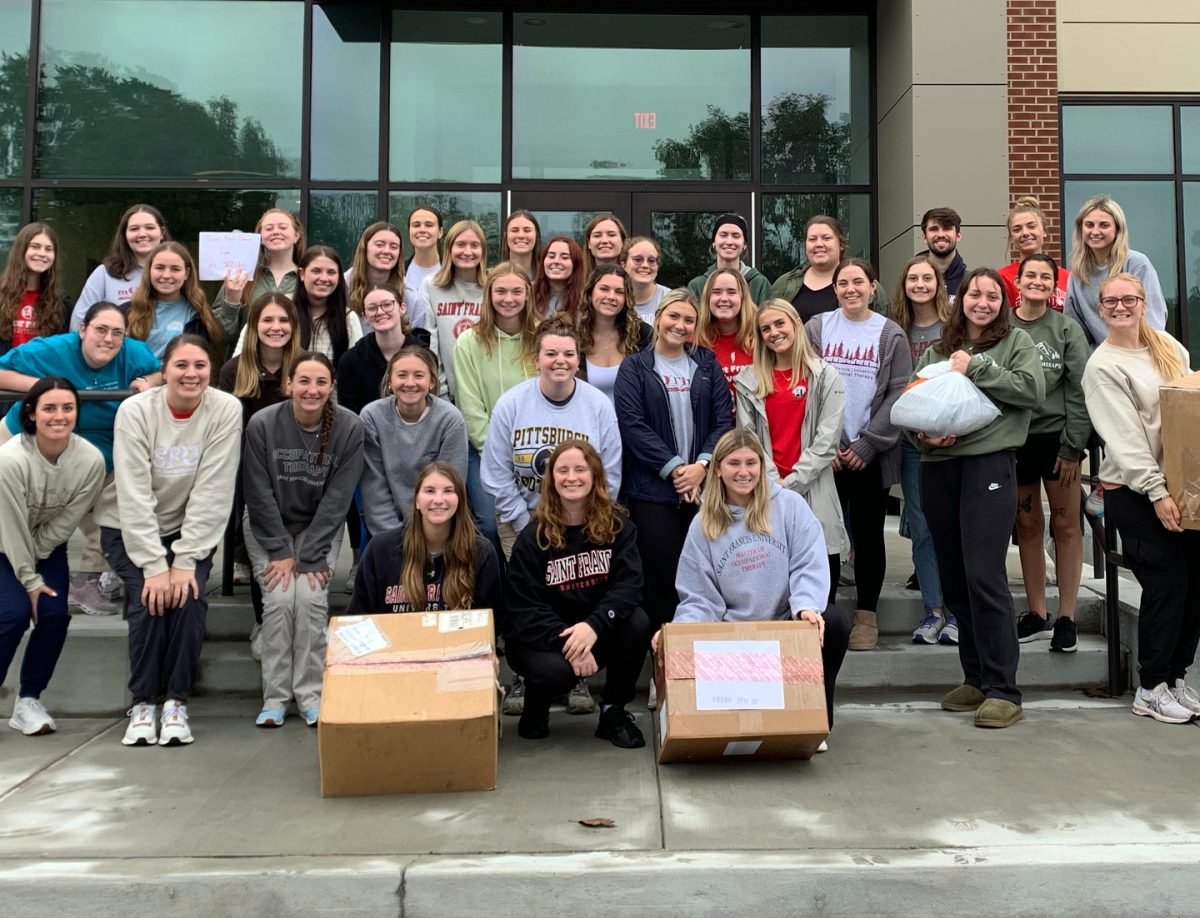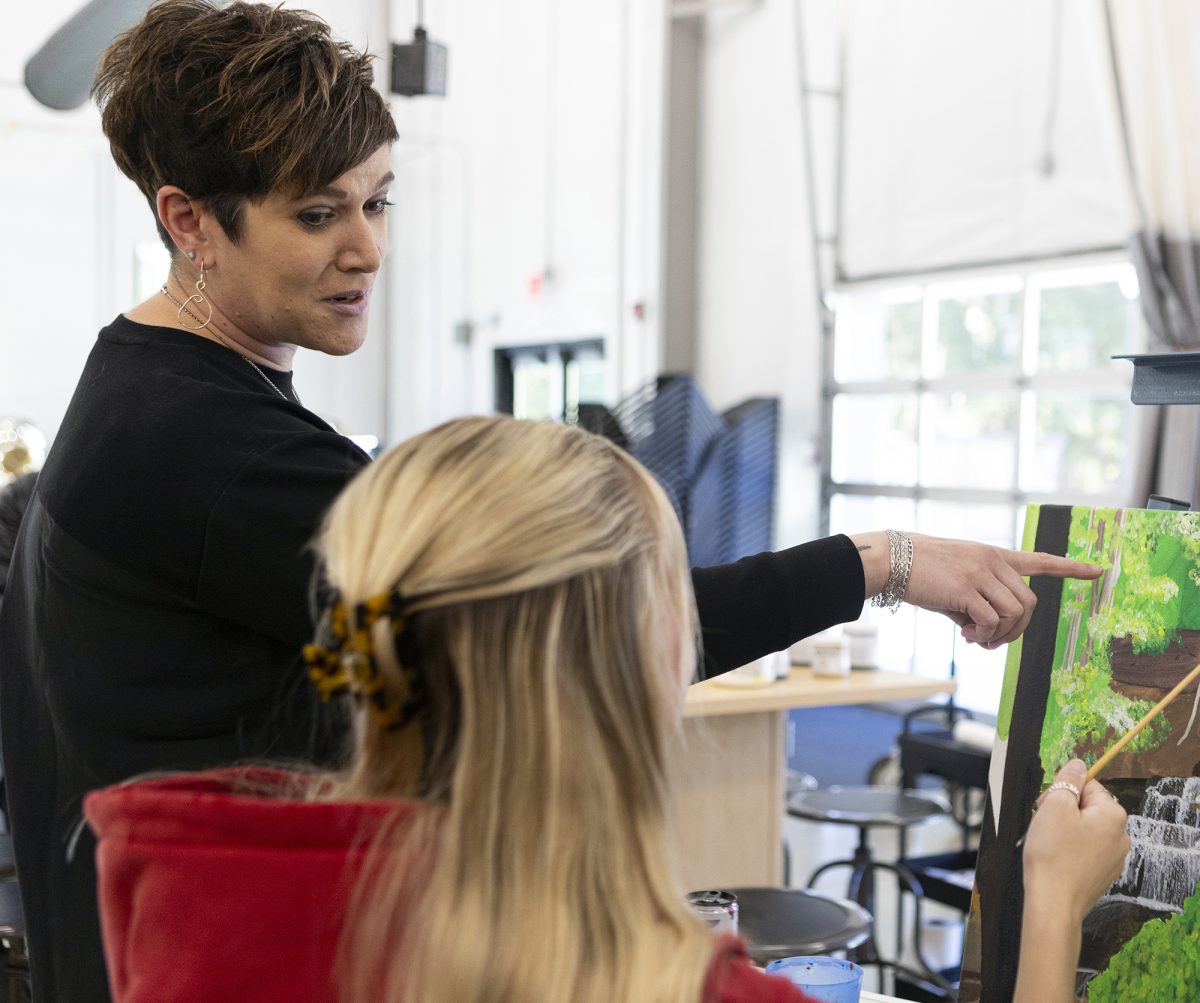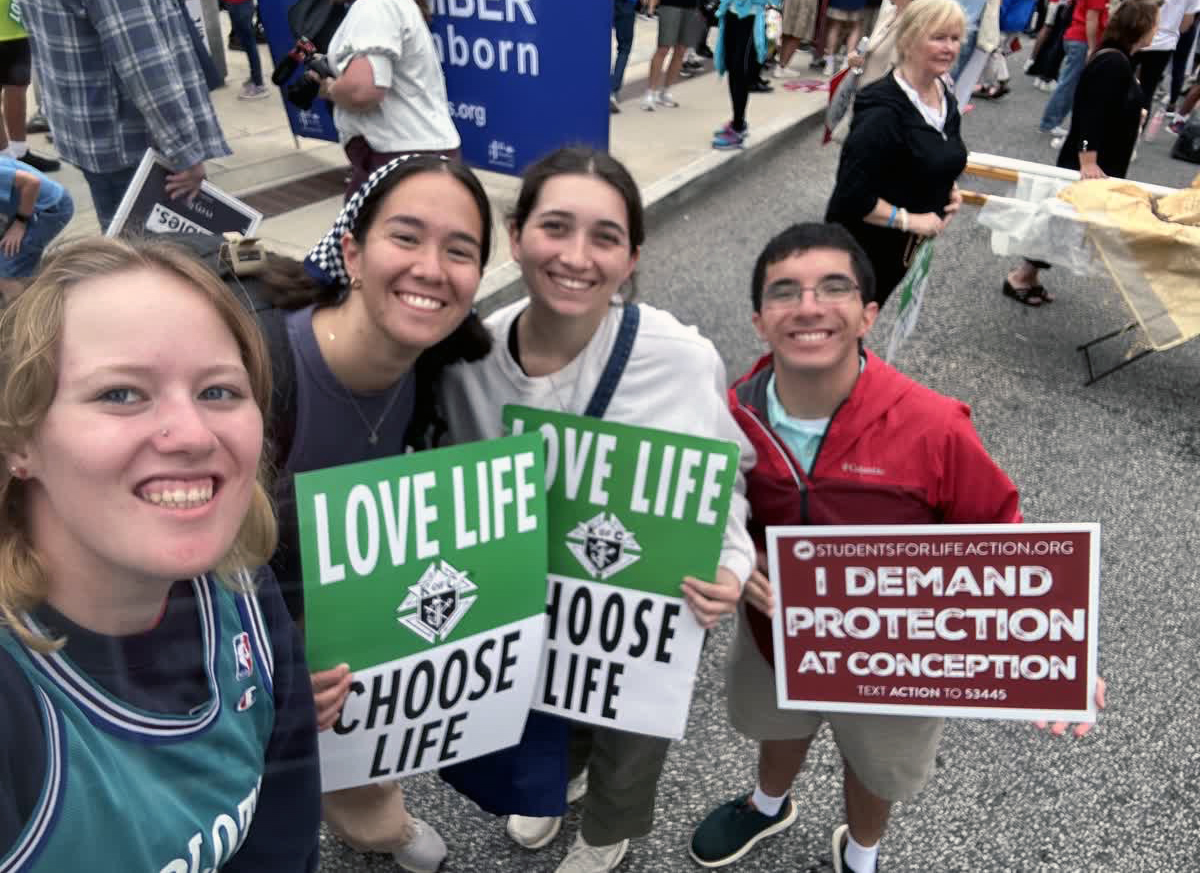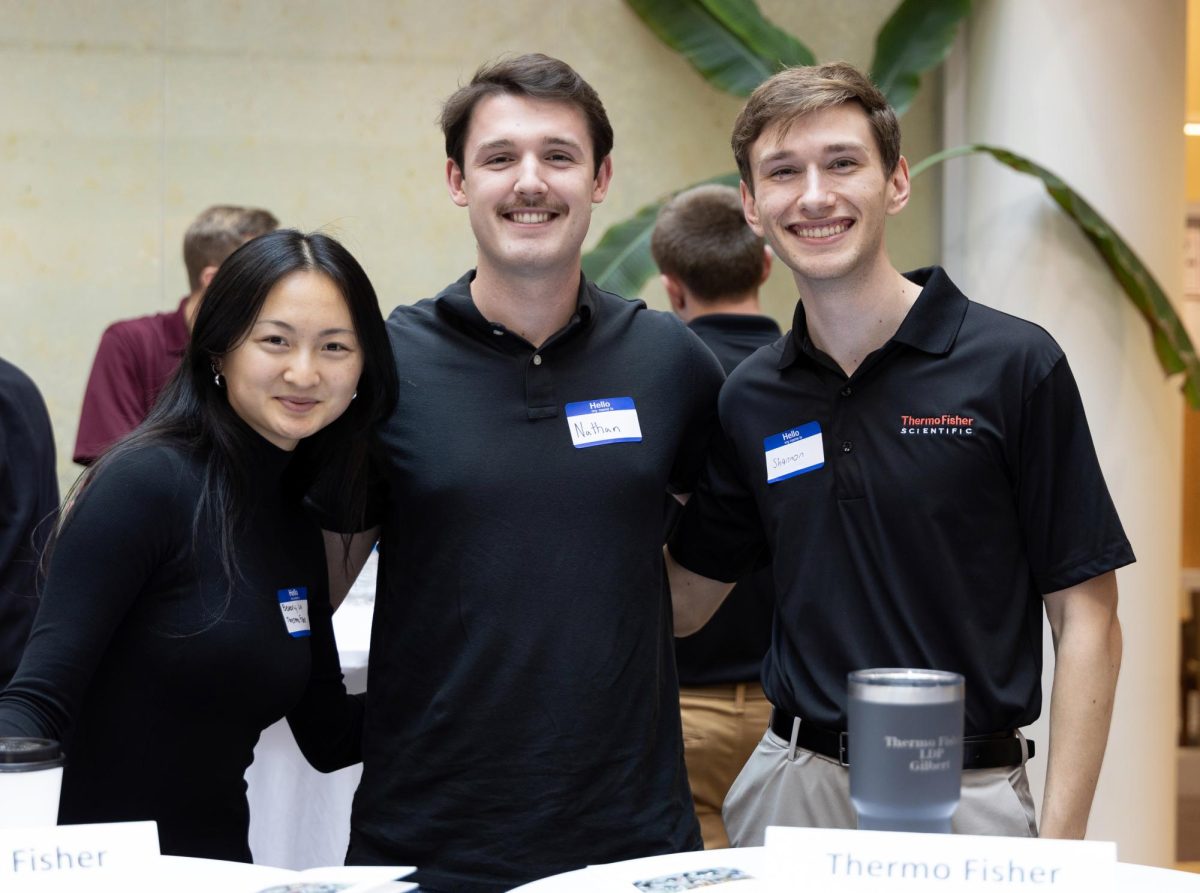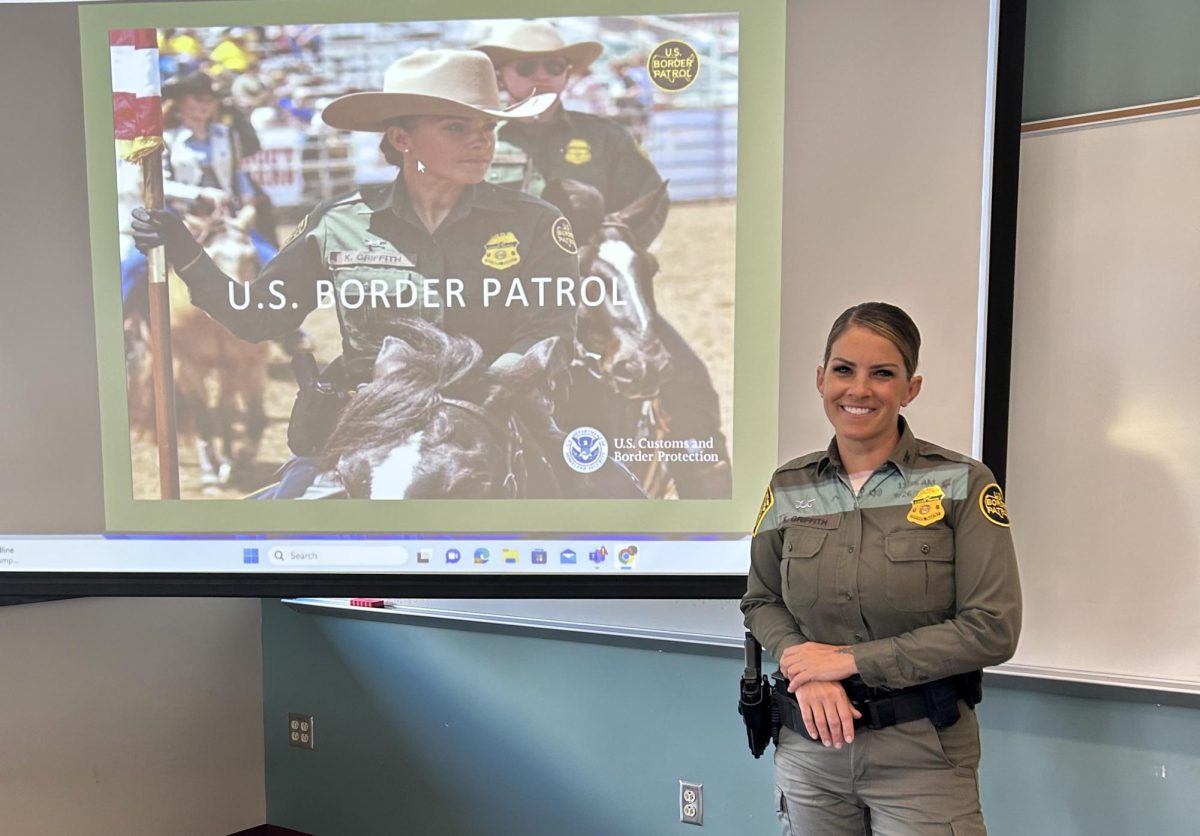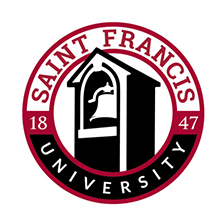Students and faculty members in the School of Health Sciences and Education took part in a Community Action Poverty Simulation (CAPS) in the JFK Student Center on Sept. 29.
During the simulation, participants assumed the role of members of disadvantaged families. They faced the challenges associated with utilizing community resources and services, such as banks and grocery stores, with limited resources.
“It’s not the impoverished families’ fault,” said Director of the Experimental Learning Commons Brenda Guzic. “An unexpected job loss, death and pandemic can lead people down a road they would never expect.”
The Experimental Learning Commons collaborated with SFU’s Physical Therapy, Social Work and Public Health programs to host the simulation. The Veteran Affairs Department in Altoona also joined in the event.
“This collaboration allowed students and residents to work together and view the simulation from a different standpoint,” said Assistant Nursing Professor Jessica Gregg.
The simulation not only afforded the opportunity for collaboration within the University, but it also allowed students to gain a deeper appreciation of the seriousness of poverty.
“Students gained a better appreciation and understanding for those living in poverty,” said Gregg.
Guzic said CAPS is not a game and that poverty should not be taken lightly.
“People must be aware of poverty situations because there is an emotional component to it as well.”
The simulation was organized by Guzic and Gregg.
